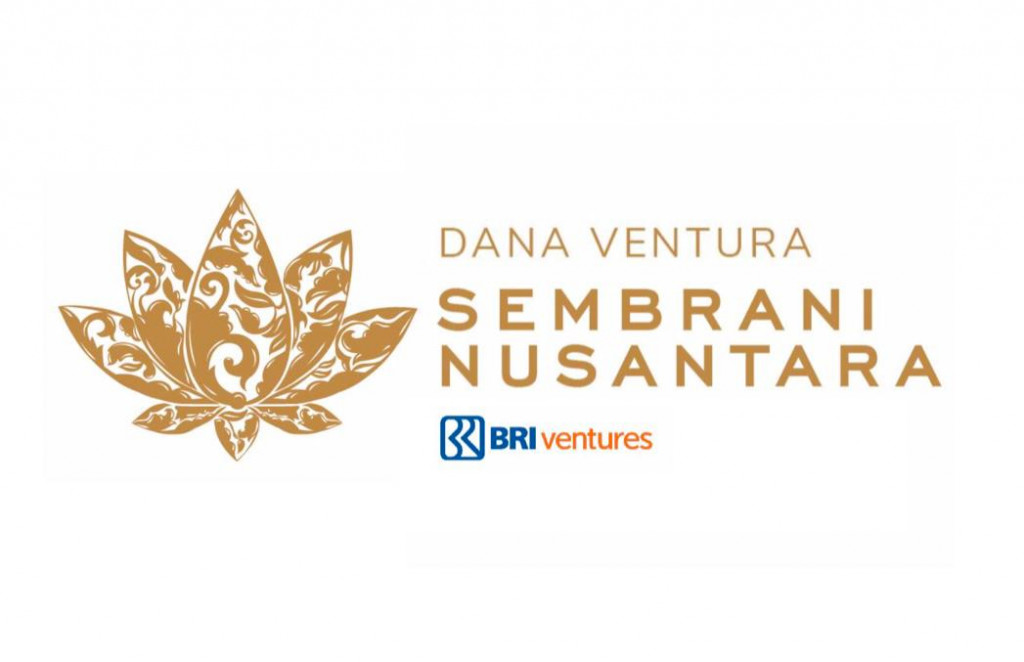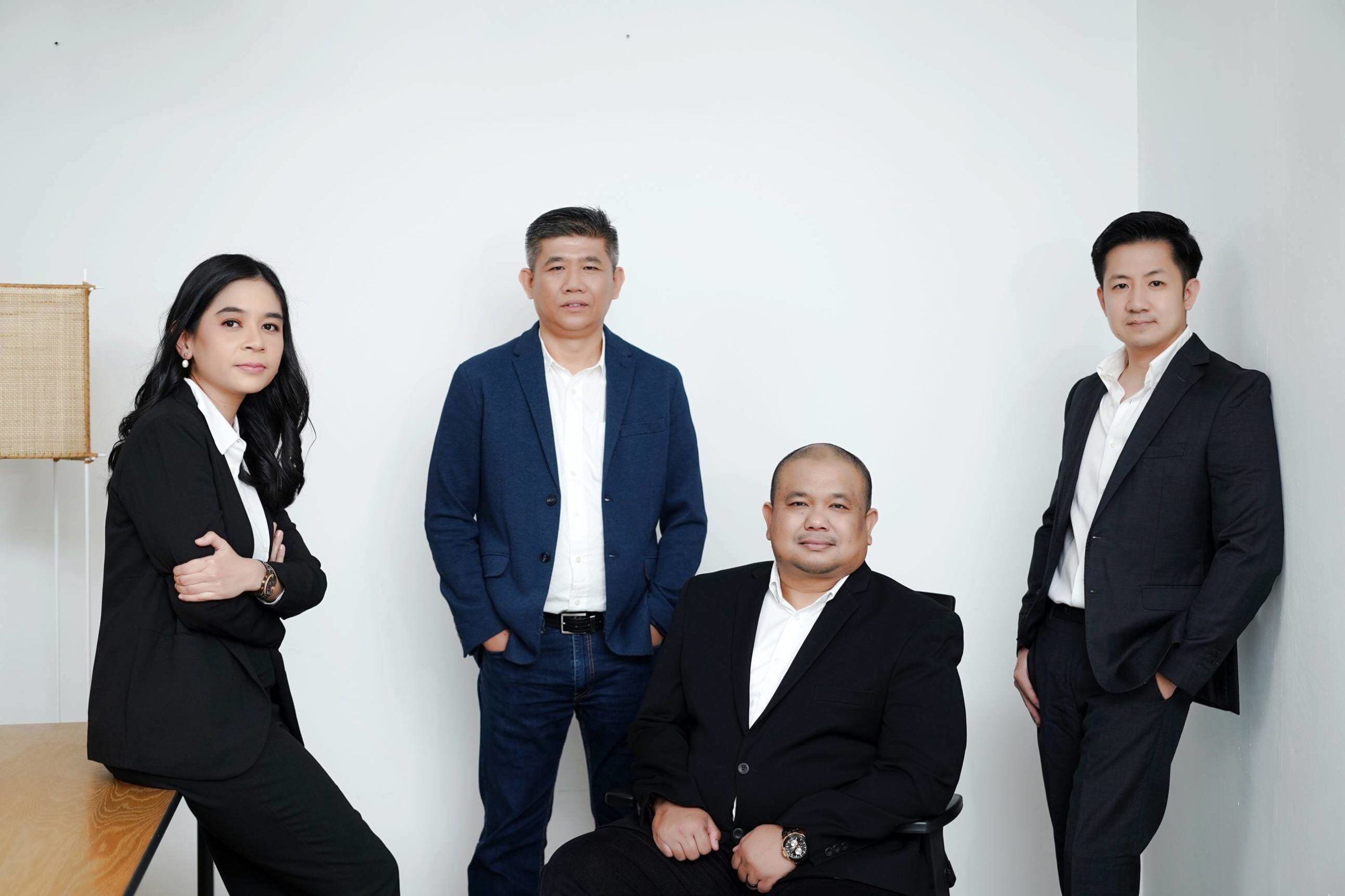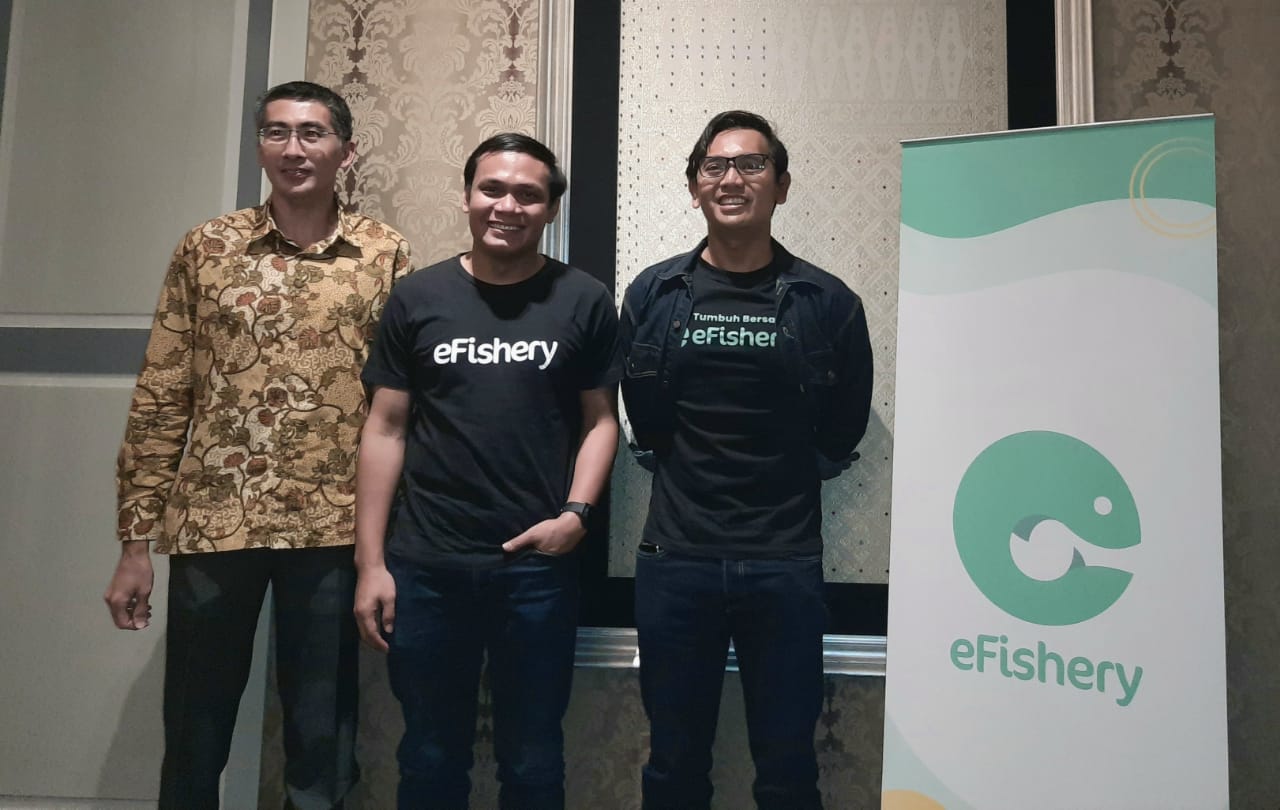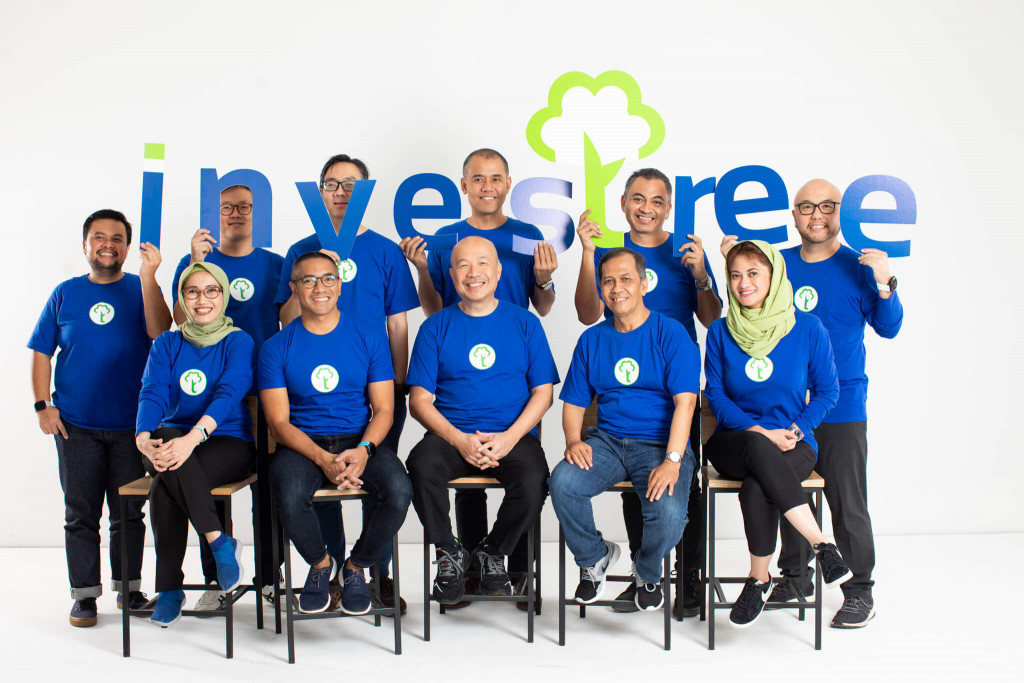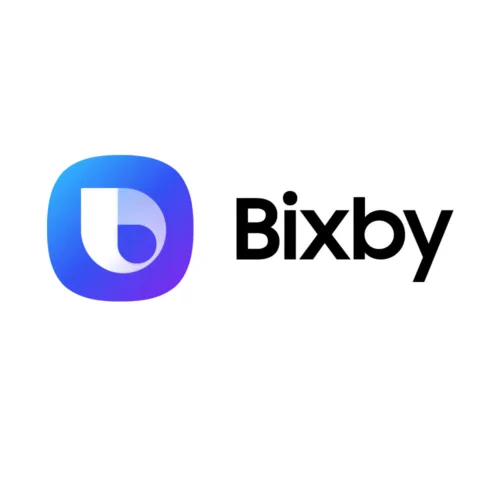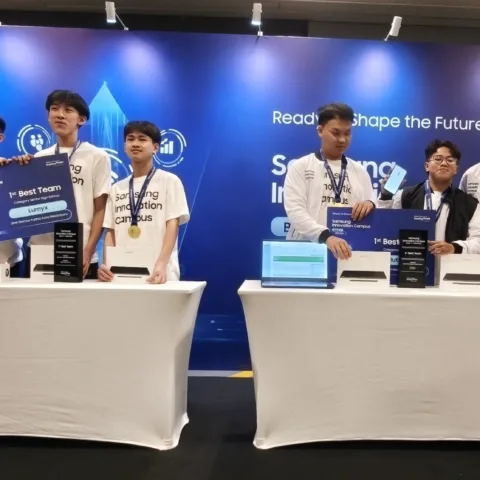BRI Ventures (BVI) last week announced the closing of the first round of the Sembrani Nusantara Venture Fund. This fund booked 150 billion Rupiah in managed funds from a number of investors. Not just ordinary managed funds, Sembrani has a relatively new structure in the landscape of Indonesia’s digital industry. The structure is in the form of a Joint Investment Contract (KIB), which takes a similar concept to a Collective Investment Contract (KIK) in mutual funds. The Net Asset Value (NAV) calculation index will be issued quarterly by the custodian bank.
As a fund registered with the OJK, BVI wants to comply with the applicable legal rules. Meanwhile, currently in Indonesia, there are no official rules regarding limited partnership agreements (Limited Partners) which venture capitalists usually adopt to manage their funds. A form similar to mutual funds is expected to make it easier for the public to accept the concept that Sembrani has adopted.
This fund structure is very unique, because participating investors can subscribe and redeem from the Sembrani Nusantara Ventura Fund on every window of subscription that is opened every quarter. That is something limited partners cannot do with the existing VC fund model,” BVI’s VP of Investment Markus Liman Rahardja said.
With this structure, BVI is said to offer a level of flexibility and liquidity that cannot be owned by existing VC funds (from abroad). Fund backers can choose to deposit and redeem their funds for a certain period. This mechanism encourages Sembrani’s claim to be similar to a mutual fund with a scheme that is common among Indonesians.
In addition, he hopes that this venture fund can be a more effective way for organizations or individuals with a high net worth (high net worth individual) to take part in investing in the fast-growing Indonesian tech startup ecosystem. Previously, when investing in Indonesian startups, their most common practice was to enter into limited agreements with venture capitalists registered in Singapore.
“For now, we are still selecting investors who join. Given the very early age of the venture capital industry and its high risk, we limit it to those who have experience investing in startups. Investors continue to discuss with us to increase industrial development. venture capital in Indonesia,” BVI’s CEO Nicko Widjaja added.
Venture debt with Investree
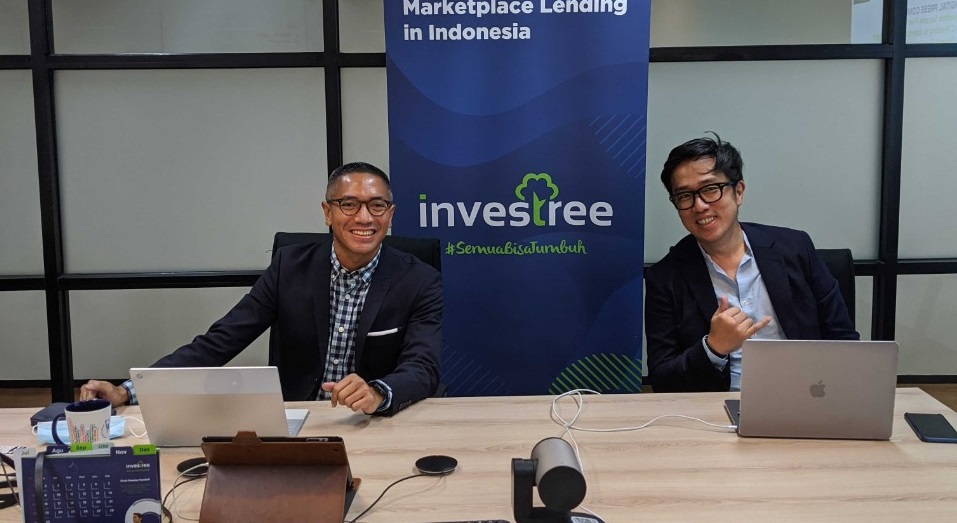
BVI has also signed a partnership with Investree to offer capital in the form of venture debt. In the early phase, BVI has prepared 60 billion Rupiah through Sembrani. Investree is BVI’s portfolio and is also an investor in Sembrani Nusantara.
The productive financing model is considered to be able to provide solutions for early-stage startups, especially for those yet to have tangible assets and sufficient cash flow for submission to traditional debt instruments.
This option can be an option for founders to obtain capital funds while maintaining ownership of their business, plus simpler governance. They do not need to allocate board seats for investors, provide voting rights to multiple stakeholders, and so on.
Investree plays a role in performing the initial screening process and due diligence for the startup submissions. Later, startups that successfully paid off the first stage loan can apply for a return to the next stage with a greater value.
There are several benchmarks for startups in order to pass. First, the purpose of capital must be related to company expansion, which means it must have a valid business model.
Second, startups must not have an alarming debt history for the past 12 months and must pass risk and credit assessments according to the requirements set by PT Pemeringkat Efek Indonesia (Pefindo).
“Venture debt will be in the form of productive financing. Investree, as experienced in productive financing, will assist us in conducting initial screening and KYC assessments for startups. Funds will come from the Sembrani Nusantara Venture Fund,” Nicko said.
According to Investree’s Co-Founder & CEO Adrian Gunadi, productive financing is often the preferred initial financing option for startups over equity investment. If a company is truly healthy, it can pay back its round of debt without sacrificing business ownership. Usually, equity (which has been given) is very difficult for startups to recover.
“There are not many debt financing options available for technology startups, because of their risk. [..] We believe that our ability to provide an assessment allows us to capture the risk profile of startups,” said Adrian.
Markus added, “In recent years, there have been several players who claim to have offered venture debt in Indonesia, but in fact, they are not active in the market. For that, we are confident that we can call ourselves the first local VC to offer productive financing. ] This is one way of identifying early on which companies are achieving sustainable growth and real profitability. It will also help us better understand which startups will be eligible for IPOs in the near future.”
–
Original article is in Indonesian, translated by Kristin Siagian

